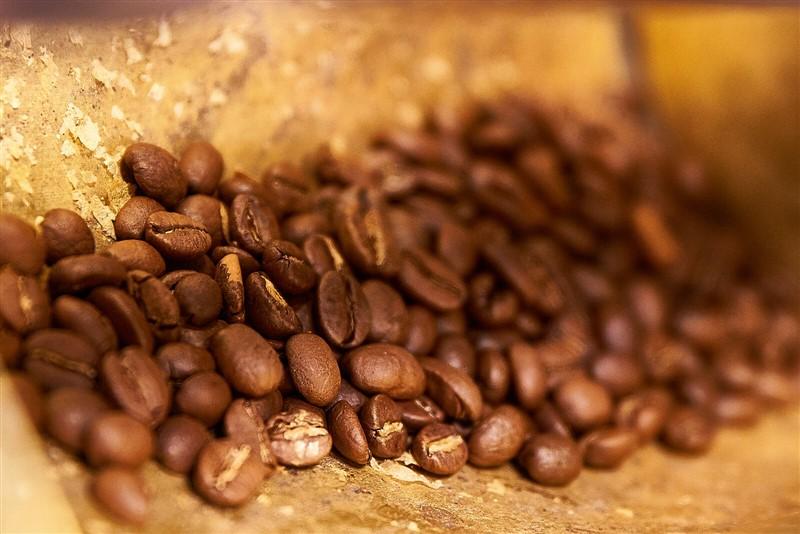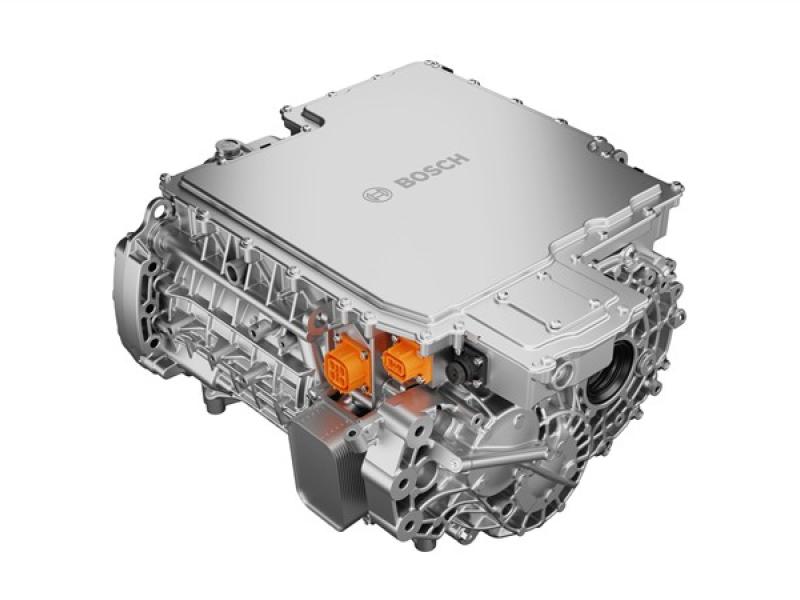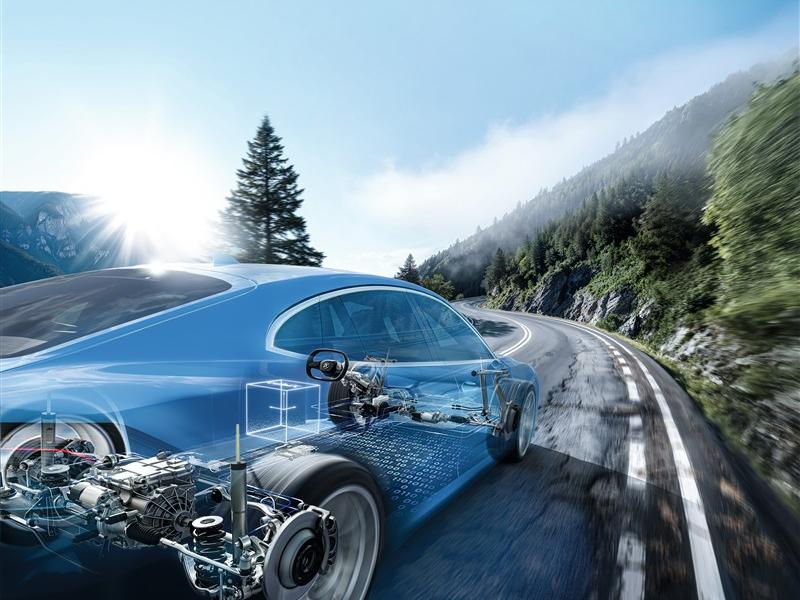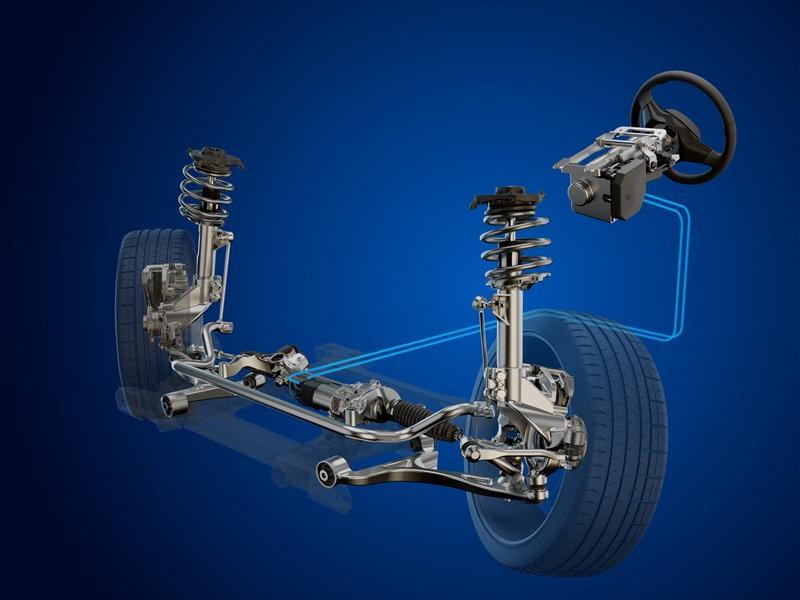Leather is a standard material for vehicle interiors. It is traditionally used for seat covers, on steering wheels, arm rests and decorative panels. When designing the all-electric ID. car family, Volkswagen made the decision to use non-animal materials wherever possible in the brand’s electric models. At the same time, Volkswagen is optimising the carbon footprint of every material and component, to make the entire lifecycle of the cars sustainable. This holistic approach starts with the raw material of every component and includes the entire vehicle lifetime, through to the recyclability of the vehicle components.
The fundamental decision to use non-animal materials and increasing customer demand for non-animal products rule out the use of conventional leather, in the ID. cars. The tried and tested, and often the only, alternative to leather is imitation leather: It looks and feels like leather, is easy to clean, is hard-wearing and as such is in great demand in many markets, for example, the USA and China. Volkswagen has set itself the goal of significantly improving the ecological footprint of non-animal interiors. One option is increasing the percentage of organic materials in imitation leather, which is largely made from plastics containing mineral oil, such as polyurethane or PVC.
Coffee leather: regional and sustainable
Imitation leather is a multi-layered material that consists of a textile back, filling materials and the actual surface top layer. “We’re looking at various materials that will enable us to increase the organic percentage of imitation leather in the short term. The obvious place to start is with the filling materials,” explained Dr Martina Gottschling.
When coffee beans are roasted, what is known as the silverskin, which surrounds the coffee bean to start with, builds up as a by-product. A regional partner, who can deliver the raw material, was soon found: Braunschweig-based coffee roasting house Heimbs specialises in high-quality coffee and espresso products, and primarily markets their coffee to the catering industry and hotel industry. Founded in 1880, the Braunschweig establishment has been producing in the northern Ringgebiet district, around 40 kilometres south of Autostadt in Wolfsburg, since 1954. Some of the floors below the production halls are where the high-quality green coffee is stored, stockpiled in brown jute bags.
Heimbs is the only German roasting house to use the patented aerotherm roasting method. Production manager Ralf Schwarzenberg explains the process: The coffee beans rest on a pocket of air and roast at around 260 degrees Celsius in an airflow warmed with indirect heat. They don’t come into contact with any hot metal parts during the process, which is what often causes the coffee beans to burn in other roasting methods, and impairs the flavour.
Heimbs still roasts using the original, individually produced machines manufactured in 1954. Coolers were retrofitted in 1988, allowing the roasting method to be completed in a controlled manner.
During roasting, the silverskin comes away from the coffee bean and piles up as a by-product. Heimbs ends up with multiple sacks full every day. The dry parchment membranes are usually burned or composted, with a small proportion being turned into fertiliser sticks.
The remaining caffeine content means that the silverskin is not suitable for animal feed. And the attempt to use it to produce biogas was unsuccessful.
Conversely, the coffee silverskins are a brilliant option as a filler for imitation leather: “The substance is already dry, in a shape that is very convenient for further processing. A wet material would have to be dried first, using a lot of energy,” said Dr Martina Gottschling. The researcher is also won over by the sustainability of the material: “What’s exciting is that this is a by-product, and one which currently has no further use.”
In collaboration with a supplier, Volkswagen is now testing whether the coffee imitation leather with the silverskins as a filler meets the stringent quality criteria that Volkswagen has set for materials used in vehicle construction. After all, the artificial leather needs to withstand heavy strains over many years, and maintain its optical and tactile qualities for the full lifetime of a vehicle. Martina Gottschling is optimistic about the initial results: “In the tests so far, the durability of coffee leather seems to be comparable with tried and tested forms of imitation leather,” said the scientist. The material samples of the imitation leather taken to date have a percentage of organic materials exceeding 50 percent – “an excellent value,” said Gottschling. This includes the filler with its coffee by-product percentage and the textile back, which is already made from renewable raw materials.
Use in series production a possibility in just a few years
The next milestone is making a material available that is suitable for use in large-scale production. This includes the desired feel and surface grain, for example, and then adaptation for series production and the synchronisation of supply channels. “There is huge potential and it could be one of the next steps in further optimising the ecological footprint of our ID. electric fleet,” said Martina Gottschling. Is Heimbs, as a small, distinguished, regional coffee roasting house able to provide the quantities that a global automobile manufacturer like Volkswagen requires? “This is not a problem, because the volume required for this purpose is not high,” said Gottschling.
“We can go a long way with the volume of silverskins accrued at Heimbs.” In prototypes, the non-animal imitation leather, with its high percentage of organic materials, could be stretched over car seats and armrests in as little as two years.






